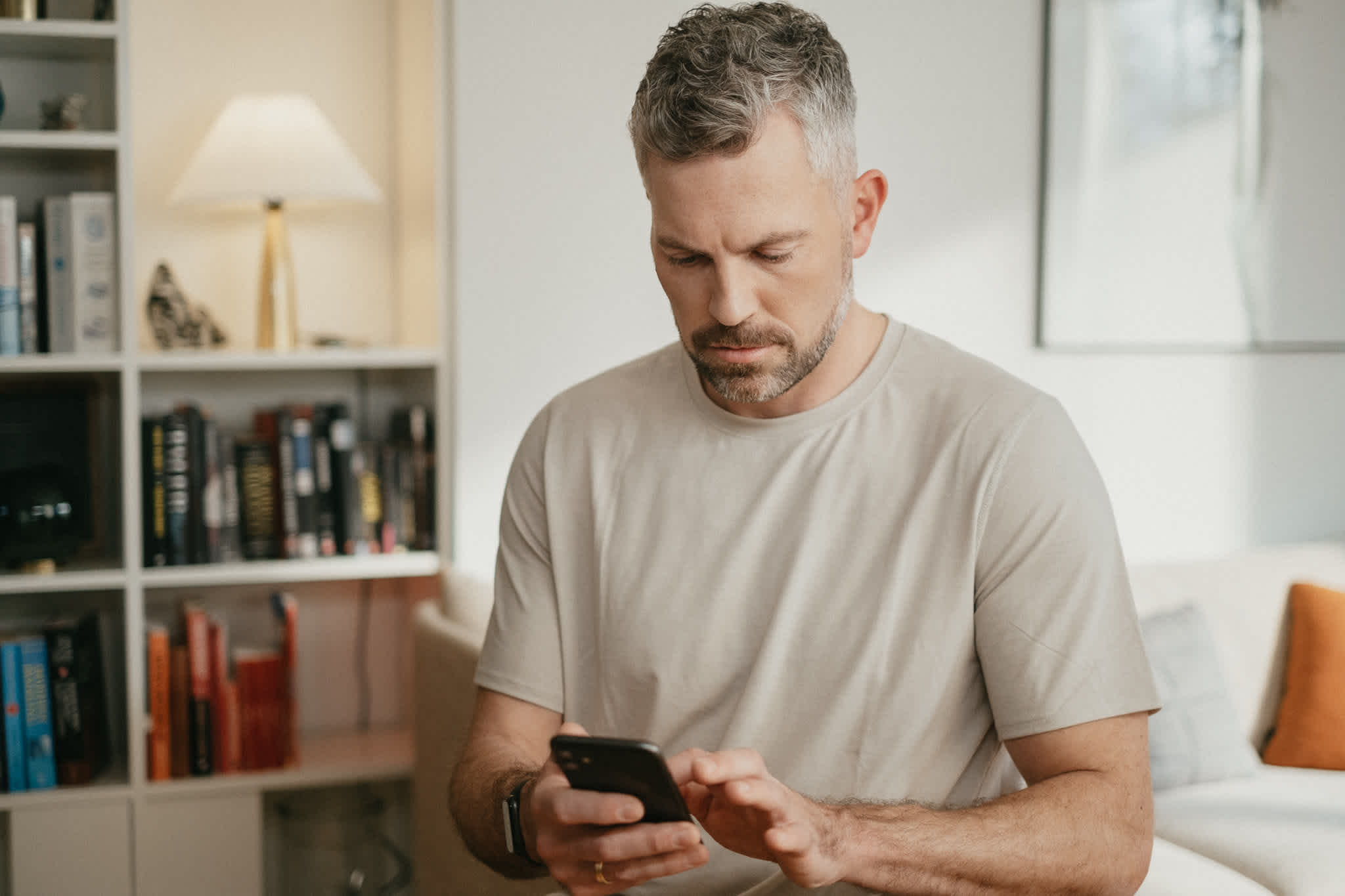
Nurse: "Patient flow is faster because patients know more"
At the Department of Cardiothoracic, Pulmonary and Vascular Surgery, Aarhus University Hospital, patients are offered an app with a digital care guide when they are having a funnel chest operation or a barre removal. As a result, they turn up prepared, cope better with the painful operation and convalescence, and feel safer during the process. One nurse says that the app makes her job easier and frees up time for other patients.
"The app is very good and understandable. The videos make it easier to understand and follow,"
says one of the funnel chest patients who has received an app with a digital care guide from the Department of Cardiothoracic, Pulmonary and Vascular Surgery, Aarhus University Hospital. The digital care guide was built by the department's staff on a platform from Emento. A large part of the strength is that, for example, all videos are with a healthcare professional from the department, and this provides an indispensable recognizability that increases security.
"It was quite funny that the doctor who operated on me was the same as the one in the video. It was nice to have some videos. It gave a better impression, because you can sit and read a lot of papers, but what is it like in reality?"
says Casper, who has had a funnel chest operation.
At the Department of Cardiothoracic, Pulmonary and Vascular Surgery at Aarhus University Hospital, the digital care guide is a time-saver. Previously, funnel chest patients spent up to 4 hours on transportation, attendance, etc. Staff were interrupted several times and spent almost 1 hour. Now questions about wounds and healing are answered. Now questions about wounds and healing are answered in 30 minutes for patients and 15 minutes for staff. Medication checks and adjustments are done via the app. Before, it interrupted staff 4 times. The app avoids misunderstandings and disruptions.
Patients are helped to help themselves. The quotes are from an evaluation of 88 patients set up for funnel chest surgery (pectus) and 86 patient pathways set up for removal of the pectus barre. The overall result of the evaluation is that between 93-96% see the welcome message in the app and that almost 70% are active or moderately active in terms of interacting with the content in the app. Funnel chest surgery is a painful operation, and the patients in the evaluation say that the videos, with clear views of how the operation is performed, what equipment is used and what the time is like after the operation, have made it easier for them to prepare for the pain, wounds and healing, among other things. According to healthcare professionals from the Department of Cardiothoracic, Pulmonary and Vascular Surgery, they feel that the digital care guides make patients feel more confident. "Patients get concrete help to help themselves," the evaluation states.
More time for more patients The nurses in the department say that they can tell the difference between patients who have received a digital care guide, as they are better prepared than patients who have not. This enables patients to understand pre-operative conversations more quickly, saving time that can be spent on other patients in the ward.
"They (the patients) are informed when they have used the app, so I don't have to spend time explaining to them, so I can almost do without my communication to them... In general, I think it is easier to receive them. Because they know what they are going in for,"
says Jonna, who is one of the nurses who receives the pectus patients for hospitalization.
"It's rare that I only have pectus patients, then I have some cancer patients, or some with a more difficult diagnosis and more diseases, that I can spend more time on, so they get that [extra time], compared to the fact that it doesn't take as long for those who need surgery for pectus,"
says Jonna.
App frees up time for patients and staff. Patients who undergo funnel chest surgery are usually young men, and the Department of Cardiothoracic, Pulmonary and Vascular Surgery has previously found that it can be difficult to get patients to read the information material and come prepared for the operation. But Jonna finds that the digital care guide makes a big difference here:
"When I talk to someone who has been good at seeing what will happen the next day in the process, the conversation between me and the patient is better, because they have an understanding of what I'm talking about."
There is a track function in the app where staff can see whether the patient has seen the material in the digital care guide. This allows the department to nudge young patients if they can see that the patient has not read or seen anything about the process.
"Just a single message can be pushed to patients so that they are actually prepared for the surgery,"
the report says.
Messages can also be sent from patients to the ward, helping many to feel more calm and confident because they can quickly find out if their healing is going in the right direction. With the digital care guide, the contact is structured, safe and time-saving for both parties, as patients can send a message the moment they feel nervous. They can attach pictures to their questions and staff can plan and allocate time to respond. This frees up time from phone consultations for both staff and patients, as the day can be better planned. Before the digital care guide, patients had to call in and get in touch with the right member of staff, and patients often had to plan to come to the ward if they were unsure about wound healing, swelling and redness, for example. This often took half a day for patients to take time off work. Now, staff spend about 15 minutes responding to the messages, which the healthcare workers see as a big advantage compared to before, when they were often interrupted many times in their work and spent an additional 45 minutes on the task. Just as the patient's time and healing is respected, as it often takes less than 30 minutes to send messages and pictures, and that this can be adapted to the patient's daily life and done when there is time and opportunity.

Want to learn more?
You are very welcome to contact Allan Juhl, if you want to learn more or book a demo
Email: allan@emento.dk